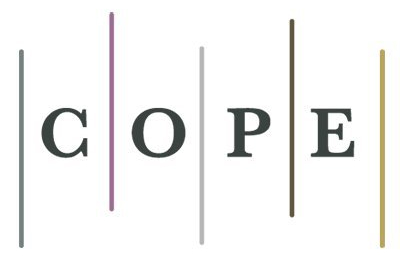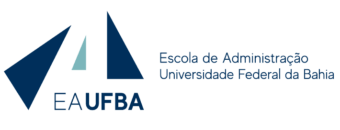Understanding Sustainable Development in Organizational Contexts from the Establishment of Ideal Types
Keywords:
Sustainable Development. Weber’s Sociology. Heuristic Models. Levels of Existence of the Individuals. Levels of Representativeness of the Organizations.Abstract
This article was developed with the objective of proposing ideal types to the orientation of the sustainable development. This purpose is presented because the managerial rationalities of the organizations are influenced by the territories where they are. The knowledge of the social, cultural, environmental and economic specificities of these places becomes needed to a better sustainabledevelopment management. The proposition of the ideal types aims to contribute to the decisions which are made in the organizations with coherent informations to asustainable development. The contextualization of the ideal types counted with the following references: specific contributions of Weber’s Sociology (WEBER, 1964, 1968),the Heuristic Models of Ramos (1983), the individuals’ levels of existence indicated by Graves (1970, 1974) and the organizations’ levels of representativeness studied byBeck and Cowan (1996). Through the relations between these references it was proposed three ideal types of sustainable development: the archaic model of sustainabledevelopment, the transition model of sustainable development and the actualizing model of sustainable development. These ideal types present consistent potential to help organizations in decisions about limits, possibilities and challenges of working with and for the sustainable development in a managerial context.Downloads
Download data is not yet available.
Downloads
Published
2014-01-06
How to Cite
1.
Munck L, de Souza RB. Understanding Sustainable Development in Organizational Contexts from the Establishment of Ideal Types. Organ. Soc. [Internet]. 2014Jan.6 [cited 2026Feb.20];20(67). Available from: https://periodicos.ufba.br/index.php/revistaoes/article/view/9132
Issue
Section
Articles
License
This work is licensed under a Creative Commons Attribution 4.0 License.
The O&S adopts a Creative Commons Attributions License 4.0 in all published works, except where specifically indicated by copyright holders.





